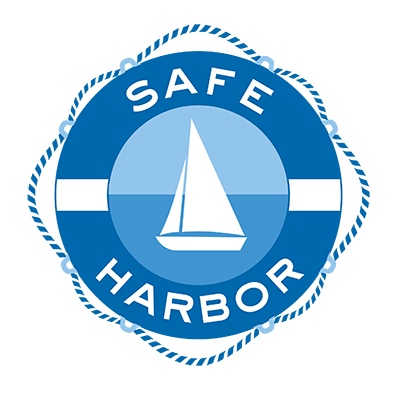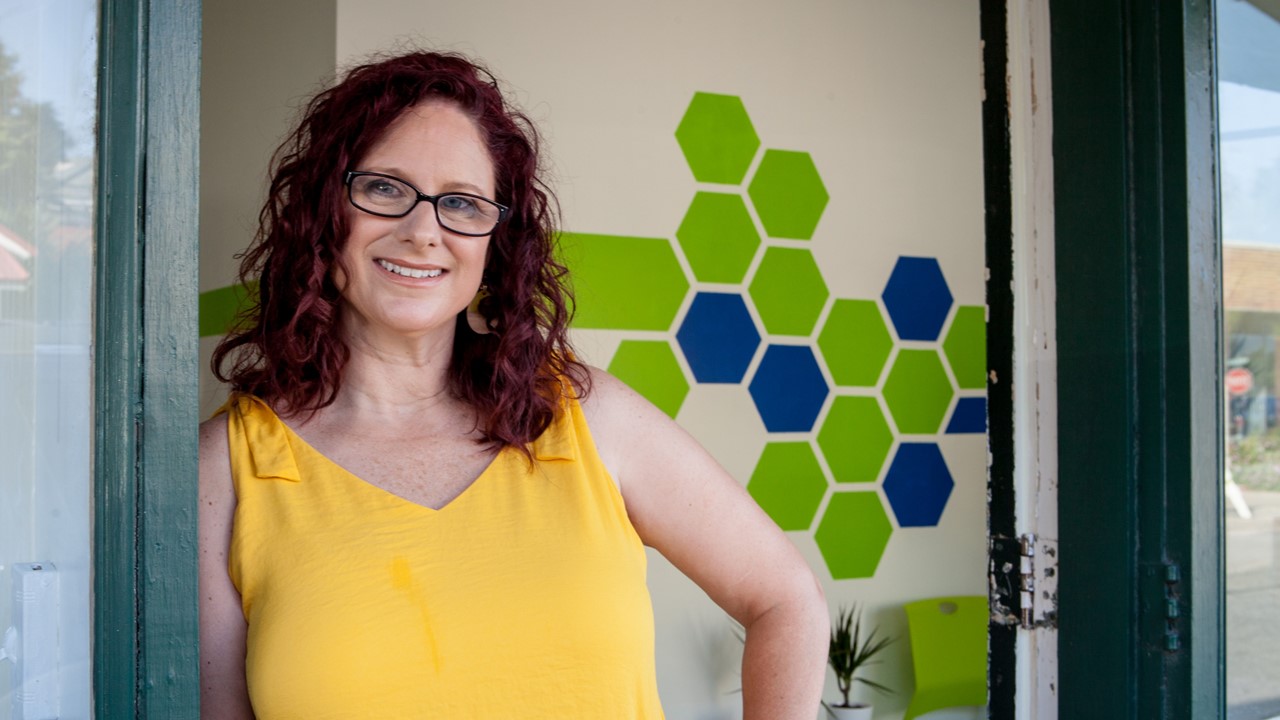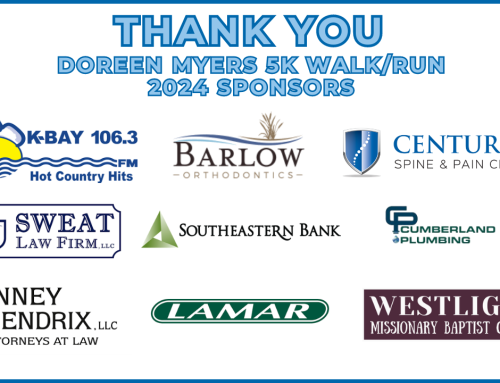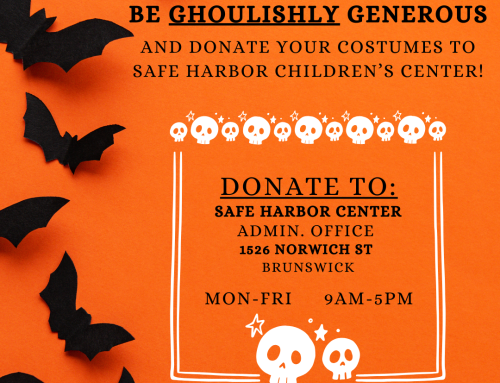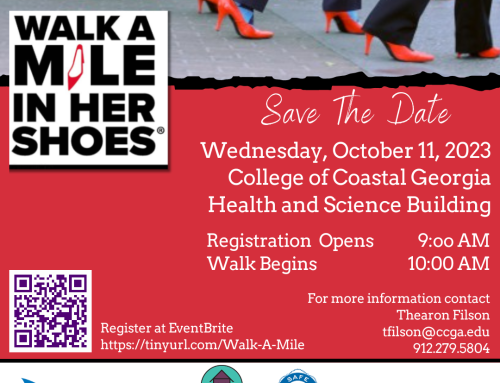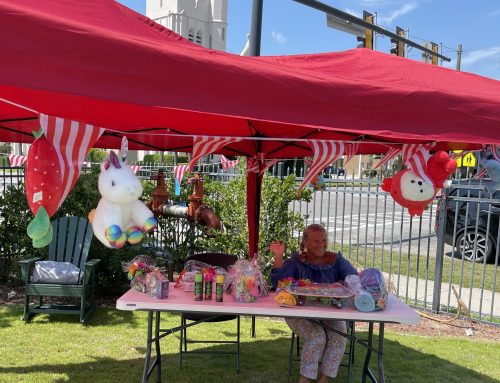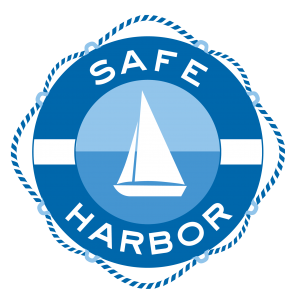 Officials at Safe Harbor Center announced today that the nonprofit organization has been awarded funding from the Department of Housing and Urban Development’s (HUD) Continuum of Care (CoC) Program to support and expand services to end homelessness among youth in Glynn and Camden counties. The new funding will add to Safe Harbor’s diverse portfolio of services designed to assist children and youth who are homeless and those that have been abused, abandoned or neglected.
Officials at Safe Harbor Center announced today that the nonprofit organization has been awarded funding from the Department of Housing and Urban Development’s (HUD) Continuum of Care (CoC) Program to support and expand services to end homelessness among youth in Glynn and Camden counties. The new funding will add to Safe Harbor’s diverse portfolio of services designed to assist children and youth who are homeless and those that have been abused, abandoned or neglected.
The approved funding effectively “green lights” Safe Harbor’s ability to expand the organization’s STRIVE Transitional Living Program by adding rapid re-housing as an option for homeless youth, 18-24 years of age. Rapid re-housing has demonstrated to be a primary solution for ending homelessness. It has been proven to be effective in quickly getting those experiencing homelessness into permanent housing and increasing self-sufficiency. By connecting individuals and youth with a home, they are in a better position to address other challenges that may have led to their homelessness. Rapid re-housing has also been effective for people traditionally perceived to be more difficult to serve, including individuals with limited or no income and survivors of child abuse and neglect.
In addition to providing a safe and stable home, individuals served through the rapid re-housing program will have a variety of services available to them, including employment readiness & career exploration, job coaching, life skills classes, individual life coaching, peer support groups, counseling services, and educational support planning.
Our community’s success depends on providing opportunities for all of our residents, making sure everyone has a safe, stable home and the support they need to succeed,” said Leslie Hartman, Executive Director of Safe Harbor Center. “We are fortunate to have an outstanding coordinated entry system led by local agencies and government partners committed to not only home placement but a real focus on addressing the challenges that leave people without a home.”
Homelessness is a complex social problem with a variety of underlying economic and social factors such as poverty, lack of affordable housing, uncertain physical and mental health, addictions, and community and family breakdown. These factors, in varying combinations, contribute to duration, frequency, and types of homelessness.
Communities, like Brunswick and the Golden Isles, often present the illusion that homelessness could not possibly exist. However, a closer look at the results of the most recent Point In Time Count reveals a sobering reality. Homelessness in Glynn County and surrounding communities is real and on the rise.
In 2018, the Point in Time Count, which aimed to calculate the number of individuals and families experiencing homelessness on any given night in Glynn County, found a 54 percent increase in unsheltered individuals compared to the year prior. Of those, 37 percent were sleeping outdoors, in parks, on the street, in vehicles, abandoned buildings, under bridges, and other places not meant for human habitation.
“I have visited Safe Harbor and I have seen the important work they do firsthand,” said Congressman Earl L. “Buddy” Carter. “It is great news that the federal government is providing this necessary support to help Safe Harbor increase their ability to help homeless youth in our communities.”
Dr. Laura Ridings, Program Director of Safe Harbor’s STRIVE Transitional Living Program, said “Federal grants competitively awarded through the Department of Housing and Urban Development like these are crucial to continuing the fight against youth homelessness in our community. As a result, we are pleased to thank HUD, Georgia Congressman Carter, and the entire Georgia Congressional Delegation for their investment in the health of our community”.
